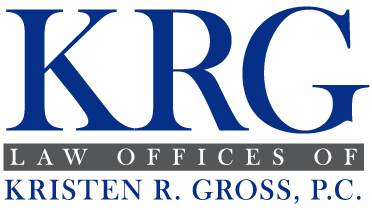A recent Michigan Court of Appeals decision has prompted this blog entry. Independent Bank v. Hammel Associates, LLC, et al., Court of Appeals No. 306813 (July 2, 2013) deals with creditor’s claims and the importance of handling them with care and precision in an estate and/or trust administration. When I meet with a new client on an estate or trust administration, in addition to bringing me information about the decedent’s assets, it is critical that I obtain information about all possible known creditors. Before distributing assets, a trustee or personal representative is obligated to pay debts, however, they are only required to pay validly presented claims. The law is clear on the procedure that must be followed. There are precise deadlines and language that must be used in notices to creditors. Creditors are equally obliged to follow certain protocol. Many creditors do not understand these procedures and lose out on recovering payments from estates. Clients are often shocked when I explain that creditor “X” failed to timely file a proper statement of claim. In plain language, this means that the estate or trust does not have to pay that particular claim because it wasn’t validly presented and the statute of limitations on the creditors claims period has run. Fiduciaries could even be personally liable for improper payment of a claim that was not validly presented. This means that they would have to reimburse the estate from their own pocket if they disbursed estate/trust funds to the claimant.
If you are a nominated personal representative or trustee of a trust, it is critical to obtain the advice of competent legal counsel when dealing with creditor’s claims. Contact the Law Offices of Kristen R. Gross for assistance in navigating this process.







